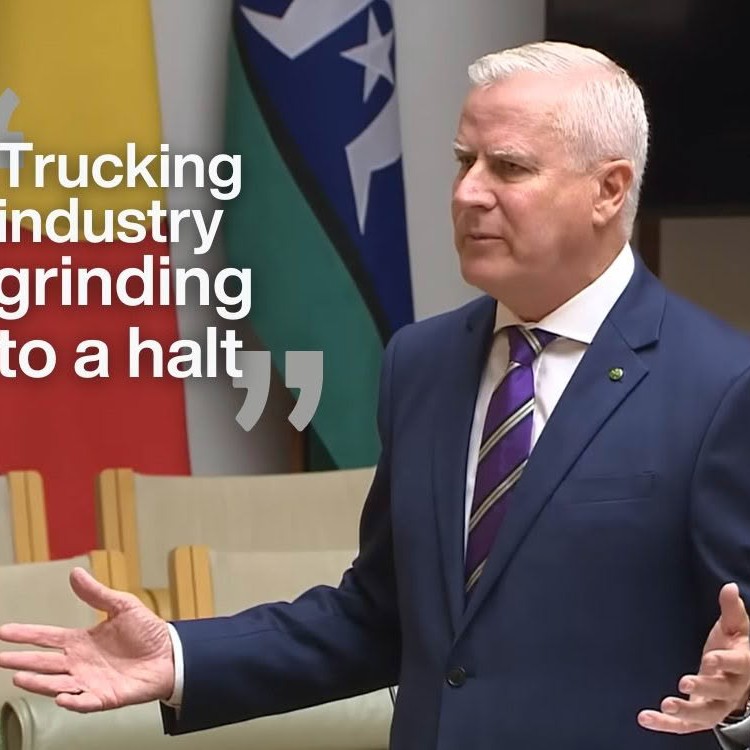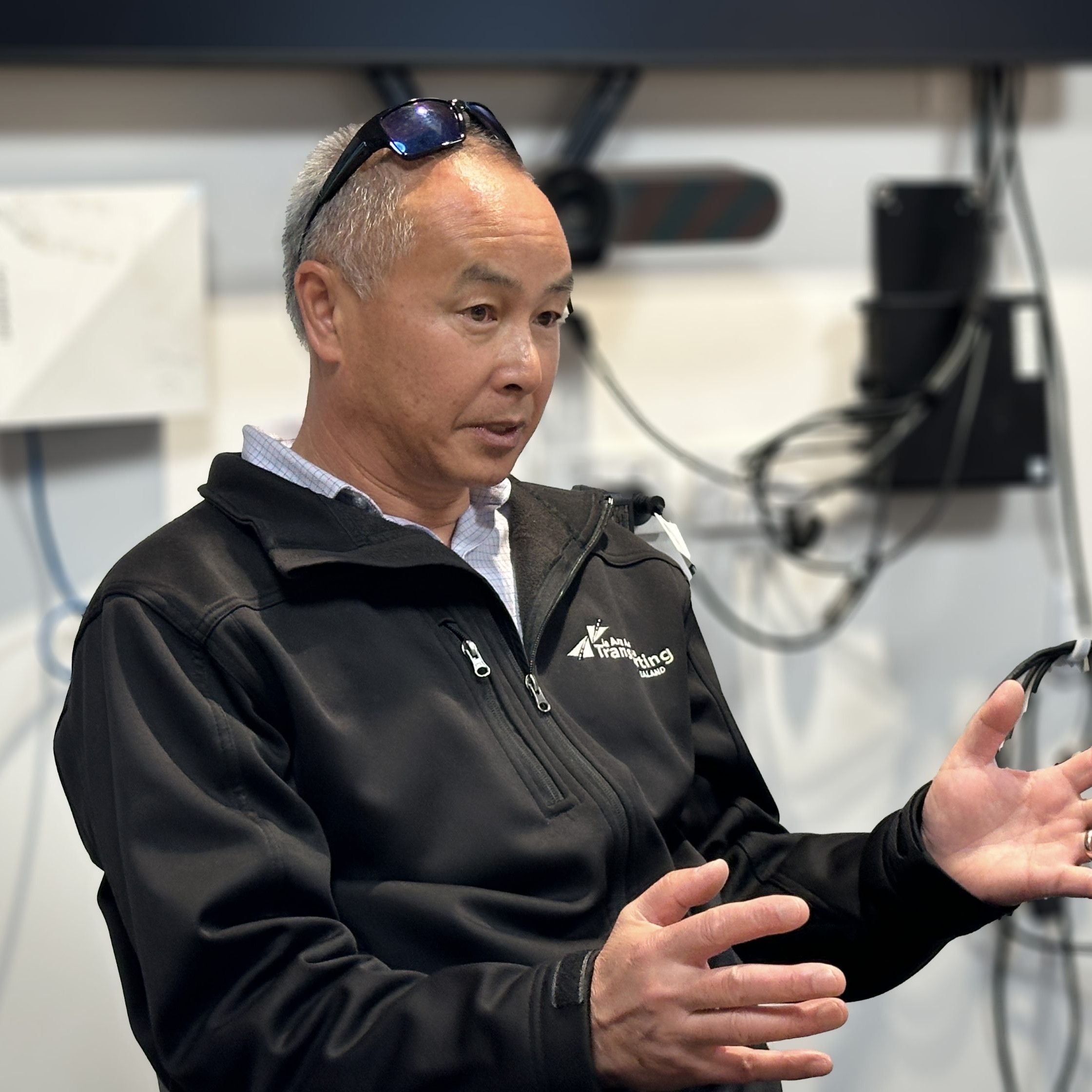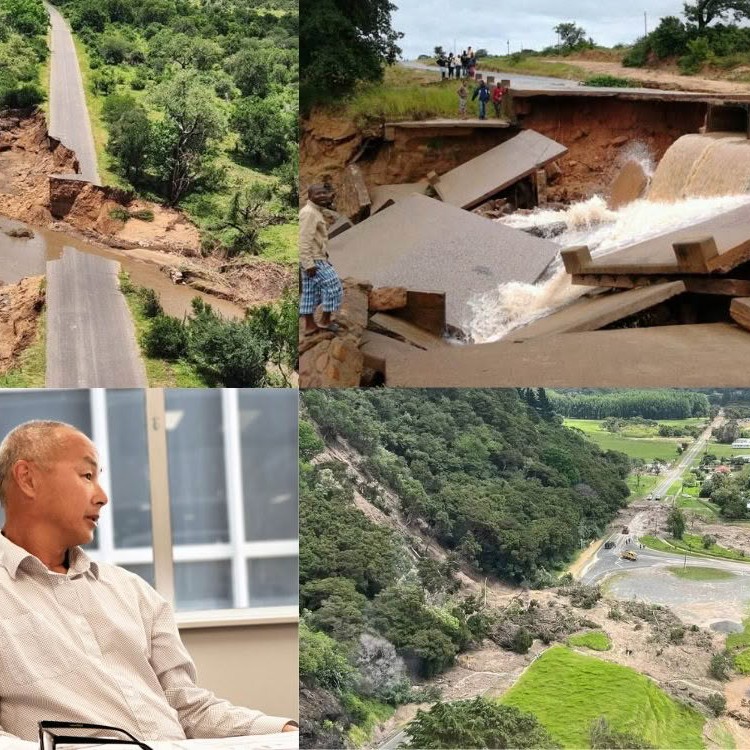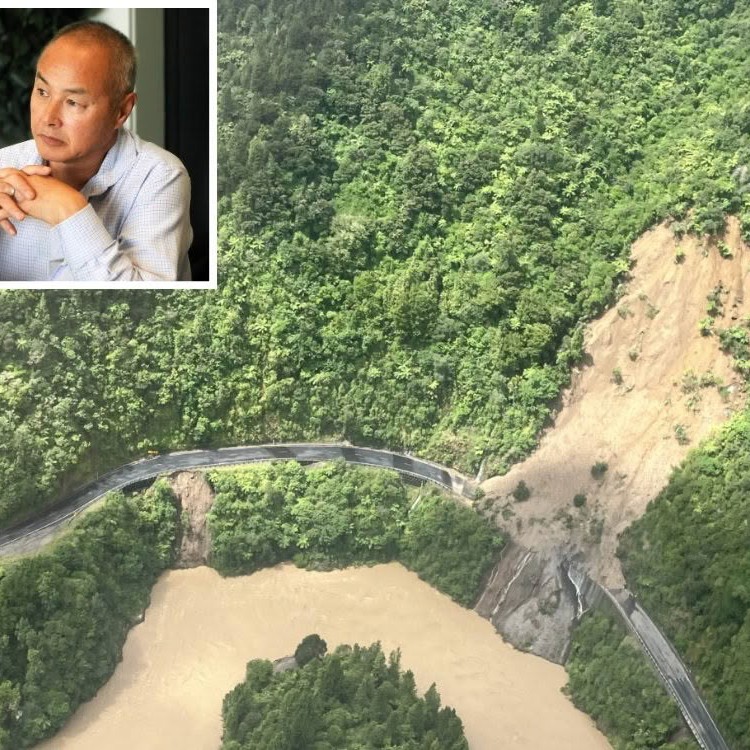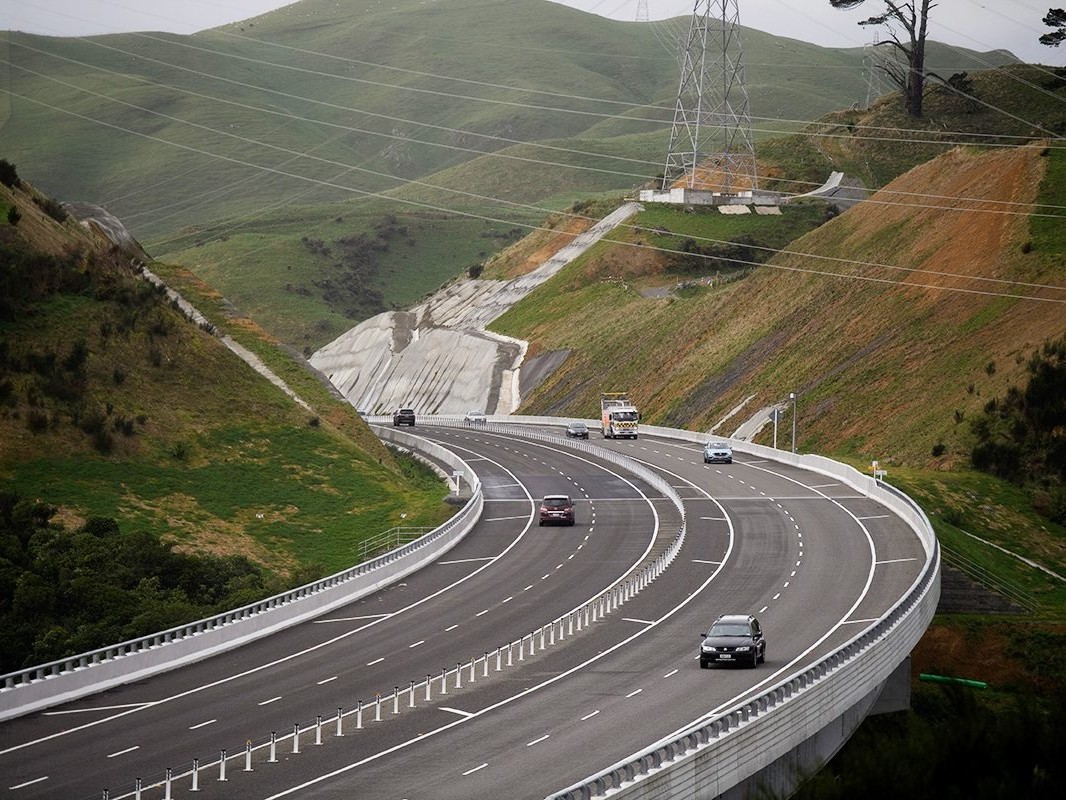
I know we’ve talked about roading and funding a lot recently and I’d intended to change topics by now, but given the considerable media interest following the Government’s announcement of the draft Government Policy Statement on land transport last week I couldn’t let the subject lie.
Like the supply of water, roading is another fundamental core piece of infrastructure. In some ways it’s sad that things have got to such a bad state that there is so much media and public interest in it. On the flip side, it’s good to see this level of interest because it shows that people appreciate its importance and want it improved.
So, in many ways the fact that roading has become a hot political issue during election year – just as we predicted it would – is welcome. I was pleasantly surprised to hear a number of everyday New Zealander’s talking on TV and radio about the importance of a resilient transport network and the impact on rising road tax on their lives and the wider economy.
Given the public sentiment and feedback, it’s somewhat surprising that it’s been so hard to get government to understand, appreciate and invest in roading!
The issues around roading are currently of such significance that the weekend’s editorial in The Post was titled “Roads to the future” and it opened with the following which I thought was most apt:
“Is it your way or the highway? There is a political mantra about focusing on the basics, coined by a US campaign strategist in the 1990s – ‘It’s the economy, stupid.’ In a year dominated by a cost of living crisis, that would have been a good slogan here, too……But instead, we have a Kiwi variation on it. It’s the roads, stupid. No subject in New Zealand in 2023 is more political than transport …”
Similar discussions are taking place all over the media. On Sunday I heard TVNZ’s Jack Tame interviewing the National Party’s Transport spokesman Simeon Brown on Q+A for 20 minutes.
From what I’ve seen to date, the biggest point of difference across the respective party policies, and also the biggest risk to delivering a vastly improved road network, is funding.
Funding is key. Raising fuel taxes and road user charges is not the best way to fund infrastructure improvements – and will end up only hurting businesses and consumers already struggling to cope with the cost of living crisis.
We’ve been clear for years that increasing road user charges, which is traditionally the governments normal “go-to”, is not the way to go. I’d really hoped we’d see much more advanced thinking on funding by now.
Regardless, in my view all this publicity and the discussion around the various policy thinking of the respective political parties has been good as it will keep pressure on for the transport system to be improved. This is helpful.
What I think was less helpful was the feedback, whether perceived or real, that the organisations representing our sector had different views.
In the relatively short time, I’ve been at Transporting New Zealand I’ve seen and heard our views on several key issues such as rail, RUC and regulating transport operators being criticised by people within our own industry.
Having those differences and discussions with other stakeholders in the transport ecosystem is expected. However, having differences on major issues across the organisations representing our sector is unhelpful.
Fragmented industry representation is not only confusing for the likes of key policy makers like the Ministry of Transport and Waka Kotahi, it’s also damaging to the credibility and reputation of our industry.
Despite the best efforts of our Board to create a more unified and aligned voice for the sector, that hasn’t occurred. Consequently, there is a growing risk that vital policy changes needed to help the road transport industry will stall. I have fears and concerns that risk is not well appreciated.
Now more than ever our industry needs to be unified and speak with one voice to emphasise the importance of getting transport priorities right. Different organisations who are not on the same page only undermine the effectiveness of getting a strong and effective message across to the government.
Transporting New Zealand was originally and specifically set up to provide national advocacy for our sector because other organisations couldn’t. We have had and continue to get tremendous support from our membership and commercial partners. I challenge others to take a pause and seriously consider whether what they’re doing is actually helping or hindering the way forward.
